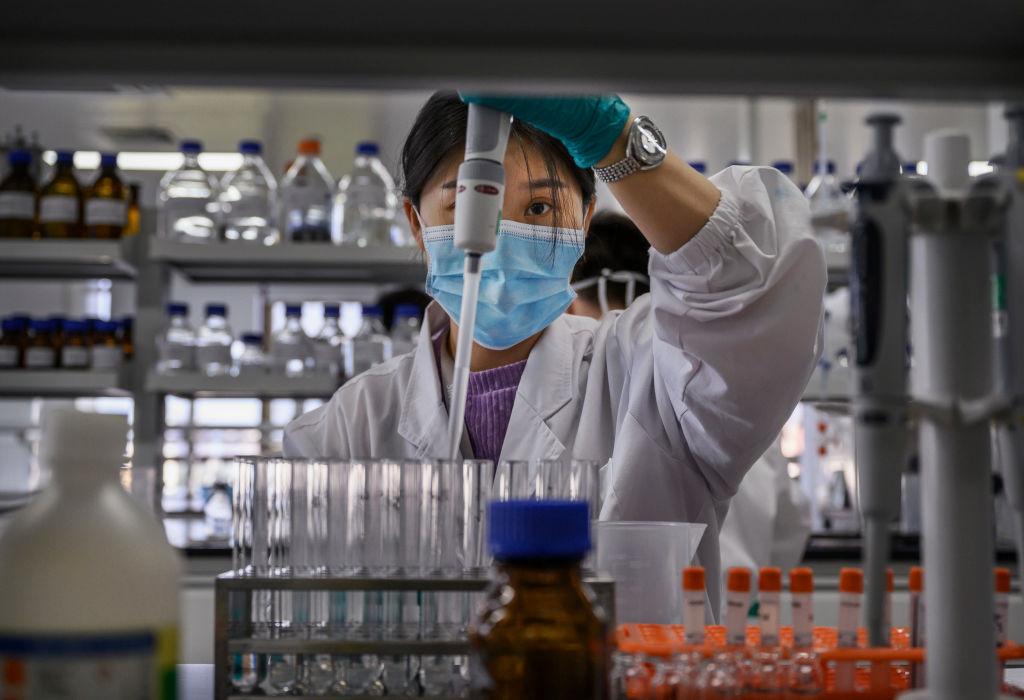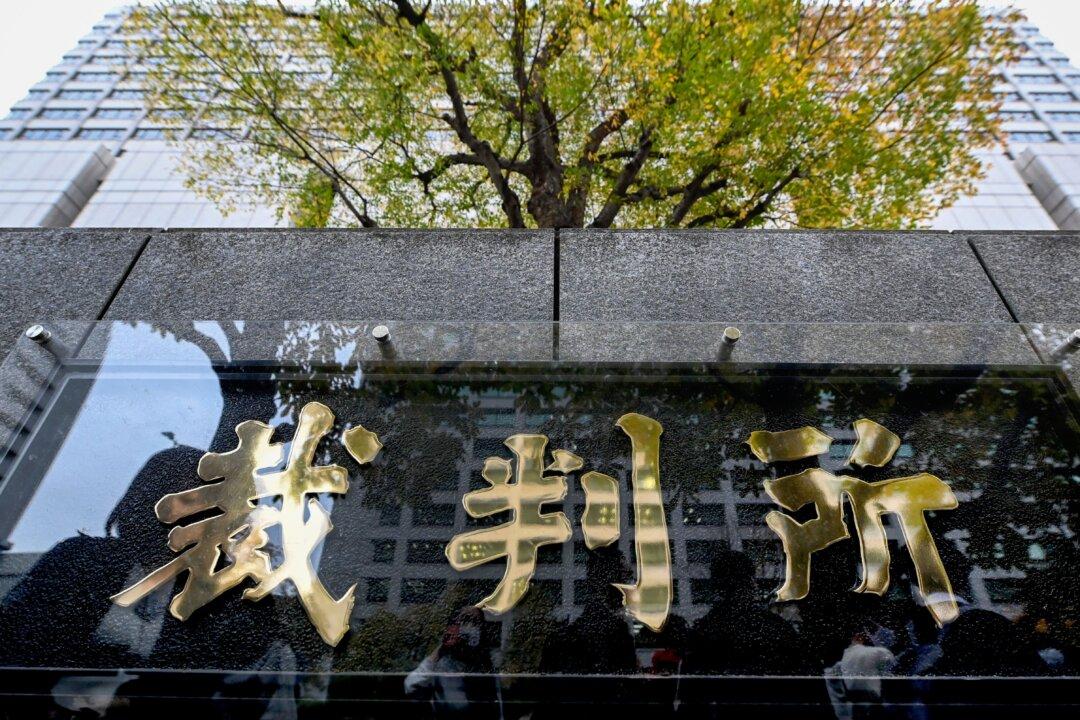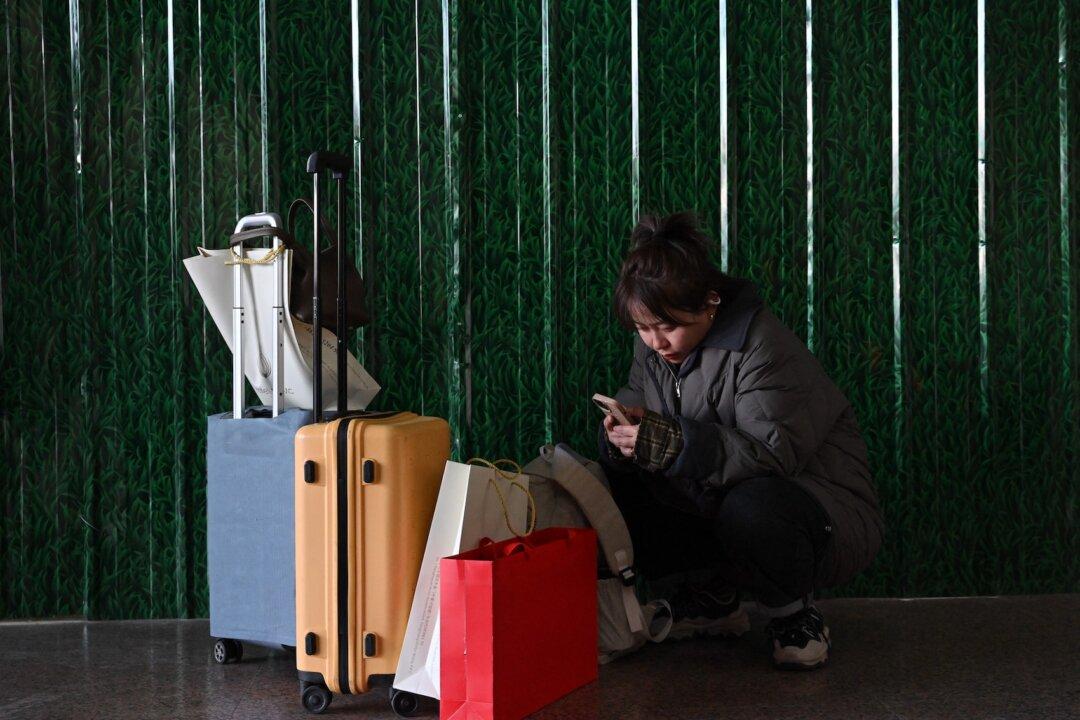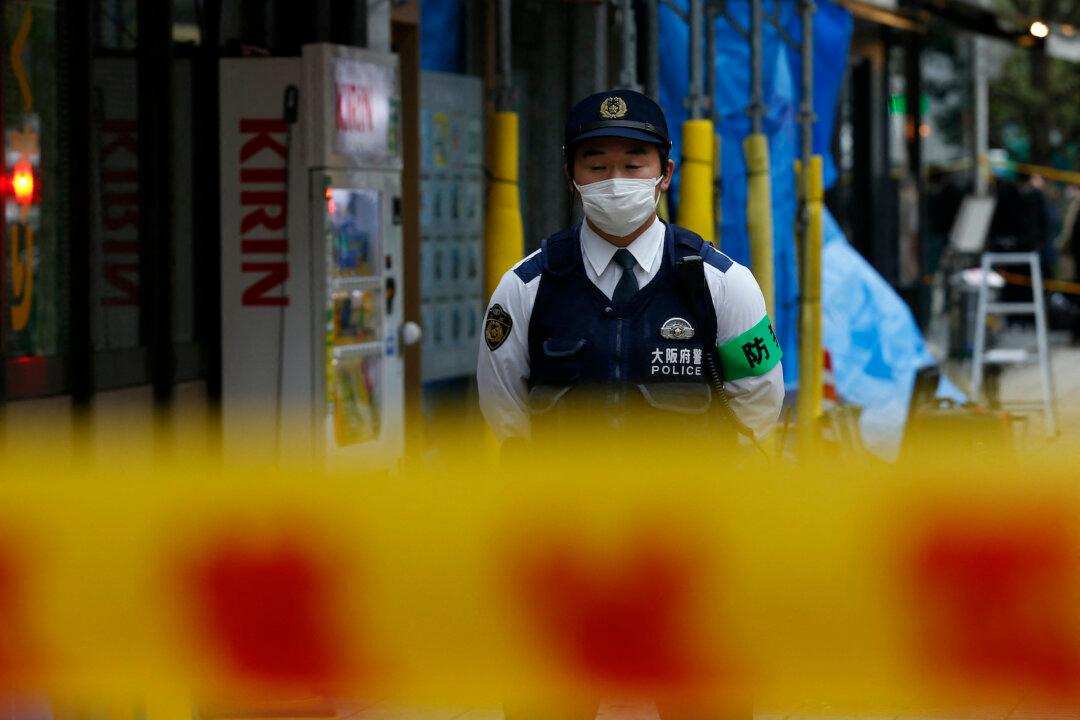In an unsettling incident in Ningbo, a coastal city in China’s Zhejiang Province, a 20-year-old woman suffered sudden cardiac arrest after apparently suffering a stomach bug. The alarming case, which doctors suspect was linked to myocarditis, a serious heart condition, has reignited debates about the side effects of the Chinese-made inactivated COVID-19 vaccine.
The incident, reported by Chinese state media on Jan. 26, occurred when the young woman collapsed at a bus stop and was rushed to the hospital, showing no signs of pulse or breathing. Her symptoms preceding the collapse, including five days of persistent diarrhea, led medical professionals to speculate that she died from fulminant myocarditis, a severe type of acute myocarditis that progresses rapidly and is often characterized by heart failure, malignant arrhythmia, cardiogenic shock, and cardiac arrest. The condition is known for its high mortality rate, especially among younger adults, some studies indicate.





